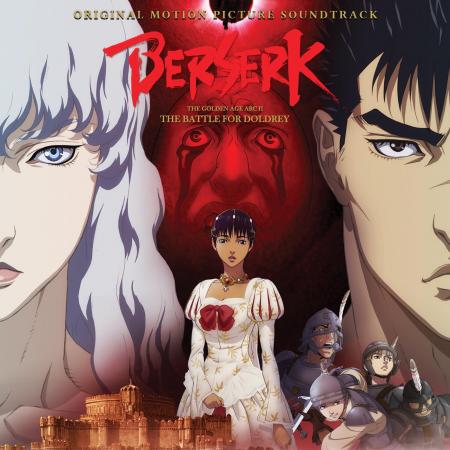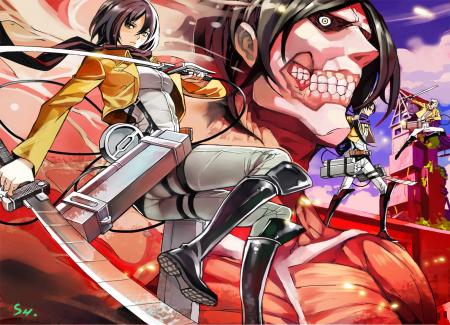Are you a real Otaku? Find out how many anime you've watched!
The term "otaku" has undergone a significant evolution, transforming from a label for passionate anime and manga enthusiasts to a recognized subculture. Initially linked to negative stereotypes, "otaku" now serves as a widely accepted term for the global community of fans, marking a long journey of acceptance and recognition within the fandom of anime and manga.
In today's world, having a favorite anime series or video game is quite common. However, it may come as a surprise that the love for anime was not always as widely accepted, especially in Japan. The term "otaku," which typically refers to individuals with a deep passion for specific content like manga, anime, or idol groups, was once associated with negative stereotypes and social awkwardness. Over time, the perception of otaku has evolved, and activities related to anime and gaming have become more mainstream, particularly among the younger generation in Japan. This shift in attitude can be attributed to factors such as the financial success of anime franchises like Neon Genesis Evangelion and Pokémon, which forced Japanese society to acknowledge the otaku phenomenon. As a result, being an anime enthusiast or a dedicated gamer is no longer seen as a niche interest but rather a common passion shared by many individuals across different age groups and backgrounds.
In the Japanese context, the term "otaku" commonly describes individuals with a profound enthusiasm for specific content like manga, anime, or idol groups, extending into adulthood. These individuals are often viewed as dedicated "superfans," yet this characterization can also carry connotations of social ineptitude and stereotypes.
The term "otaku" originates from the second-person pronoun "otaku" (お宅), which is a polite form of addressing others in Japanese. This practice of using the term within fan communities seemed peculiar to early writers like Akio Nakamori.
Initially, the term "otaku" held a strongly negative implication, particularly within the subculture itself, where individuals used it as a form of self-deprecation. However, as the term spread beyond the subculture, it shifted into a tool for excluding individuals who had intense interests in specific media and diverged from societal norms.
In present times, there has been a societal shift where individuals no longer feel compelled to conceal their interests, irrespective of the genre. Even those previously perceived as high achievers in academic settings now openly embrace the label of "otaku." The year 2019 witnessed a record attendance at Comiket, with 730,000 visitors over four days, indicating a growing number of individuals confidently identifying as otaku. This current landscape contrasts significantly with Nakamori's observations of Comiket in the 1980s. Today, otaku culture has expanded beyond anime and manga enthusiasts, with areas like Shin-Okubo attracting Korean drama and idol enthusiasts, while locations in Ginza and Shinjuku cater to cosmetics and beauty aficionados.
A 2020 survey by SHIBUYA109 lab, targeting 8201 women aged 15-24, revealed that 67% of respondents identified as some form of otaku, such as K-pop otaku, band otaku, or even theme park otaku. This data clearly demonstrates the widespread acceptance of otaku culture, particularly among the younger generation in Japan.
Due to the broadening of the term's usage, the concept of being an otaku no longer carries the same stigma as before; it has become normalized. The image of otaku has evolved, becoming more nuanced, with people openly embracing interests like anime, manga, idol culture, and online media as commonplace rather than niche or nerdy pursuits.
However, the term has also become quite diluted and fallen somewhat out of common use due to its expanded application. While the image of otaku may not necessarily evoke a cool or attractive "ikemen" (handsome man) perception, it has become more widely accepted and embraced by the younger generation in Japan.
We are sure you are excited to test how many anime you have watched so far, so be prepared because this quiz will reveal that to you!
Example of the test

Have you watched Berserk ?

Have you watched One Piece?

Have you watched Vinland Saga?

Have you watched Naruto?

Have you watched Attack on Titan?




